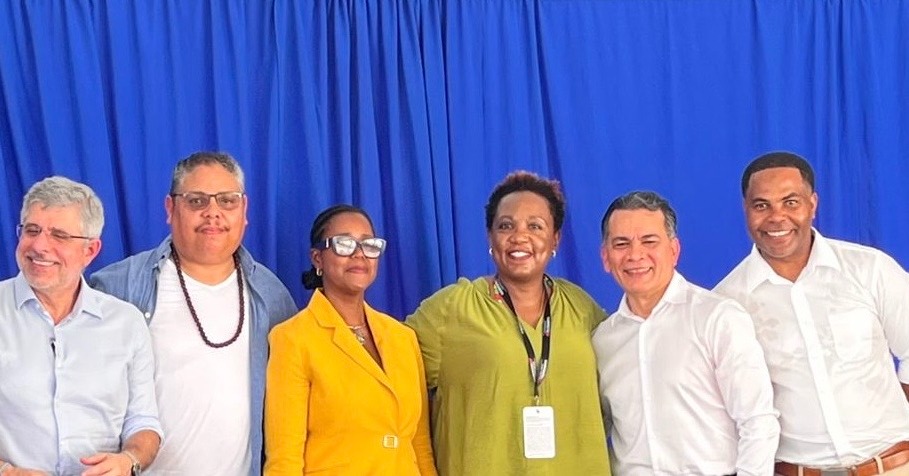Copyright experts across the Caribbean have raised alarms about the potential exploitation of local artists and musicians by global tech companies. These companies are reportedly using creative works to train AI systems without providing compensation to the creators. The issue was a focal point during a panel discussion at CARIFESTA XV, where stakeholders from the region explored the challenges and opportunities of protecting creators in the face of rapid technological advancements. Stephen Stewart, president of the Association of Caribbean Copyright Societies (ACCS), emphasized that while AI presents challenges, it also offers opportunities for growth and cultural preservation in the Caribbean. The ACCS has been examining Brazil’s draft AI Bill, which seeks to regulate the use of copyrighted works in AI training and ensure transparency and compensation for creators. Sydney Sanches, a legal consultant for UBC Brazil and Vice President of the CISAC Legal Committee, highlighted the bill’s comprehensive scope, which includes regulatory oversight, penalties for harm to creators, payment platforms for compensation, and mandatory transparency from AI companies. Despite its progressive approach, the bill is expected to face resistance from major tech companies, which argue that stringent copyright requirements could hinder AI innovation. The ACCS, representing collective management organizations across Barbados, Trinidad & Tobago, the Eastern Caribbean, and Jamaica, is studying Brazil’s model for potential adaptation in the region. However, no timeline for implementation has been set. The CARIFESTA panel, moderated by Dr. Erica K. Smith and featuring key regional stakeholders, also discussed how Caribbean countries, with their rich cultural heritage but limited resources, can adopt AI technologies while safeguarding artists’ intellectual property rights.
Caribbean countries look to Brazil’s AI Bill to protect Artists from Tech Giants
